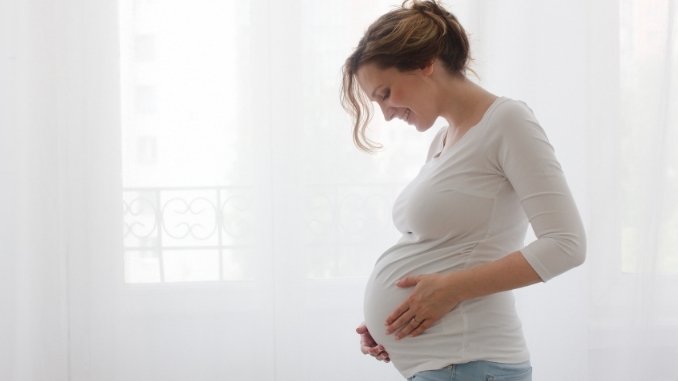
Researchers from the University of Seville have done a thorough and definite investigation of how artificial intelligence has been utilized with pregnant ladies over the last 12 years.
The analysis affirmed that issues, for example, innate heart birth abandons or macrosomia, gestational diabetes and preterm birth can be identified before when artificial intelligence is utilized. In the last case, studies into cases including artificial intelligence found a correlation between the quantity of pre-term births and the ecological pollution to which the pregnant women had been recently uncovered.
“There is growing interest in the application of artificial intelligence in obstetrics and gynaecology. These applications of AI can not only monitor women’s health during pregnancy but can also help to improve the universal provision of health services, especially in the most disadvantaged areas. This field, therefore, contributes to improving both individual and public health,” says University of Seville researcher Maria del Carmen Romero.
Moreover, this work uncovers the practically complete absence of studies where emotions are considered as information boundaries in prediction models in pregnancy (just 1.28% of the studies analyzed). Also, not many examinations look closely at the pregnant lady’s emotional well-being (just 5.1% of the studies analyzed), espite it having been shown that the woman’s psychological health is correlated with the risk of suffering certain diseases typical of pregnancy. Pregnancy is an essential state that carries with it the need for change and new learning, potentially causing anxiety, fear, worry, and even depression in women.
Frameworks dependent on full of feeling processing could permit emotional interaction with the pregnant lady and, for instance, identify emotional changes and make it conceivable to offer direction or suggestions, which the system would already have gotten from doctors. This can cause the patient to feel more secure and closer to her wellbeing support and can decrease the standard sentiments of nervousness or stress that occasionally lead to physical issues.
“Given that there is previous scientific evidence that supports the idea that the emotional state and mental health of the pregnant woman can influence the occurrence of risks in pregnancy, our study highlights what is a very interesting multidisciplinary research niche for affective computing in the field of health and well-being of pregnant women,” the researcher adds.



